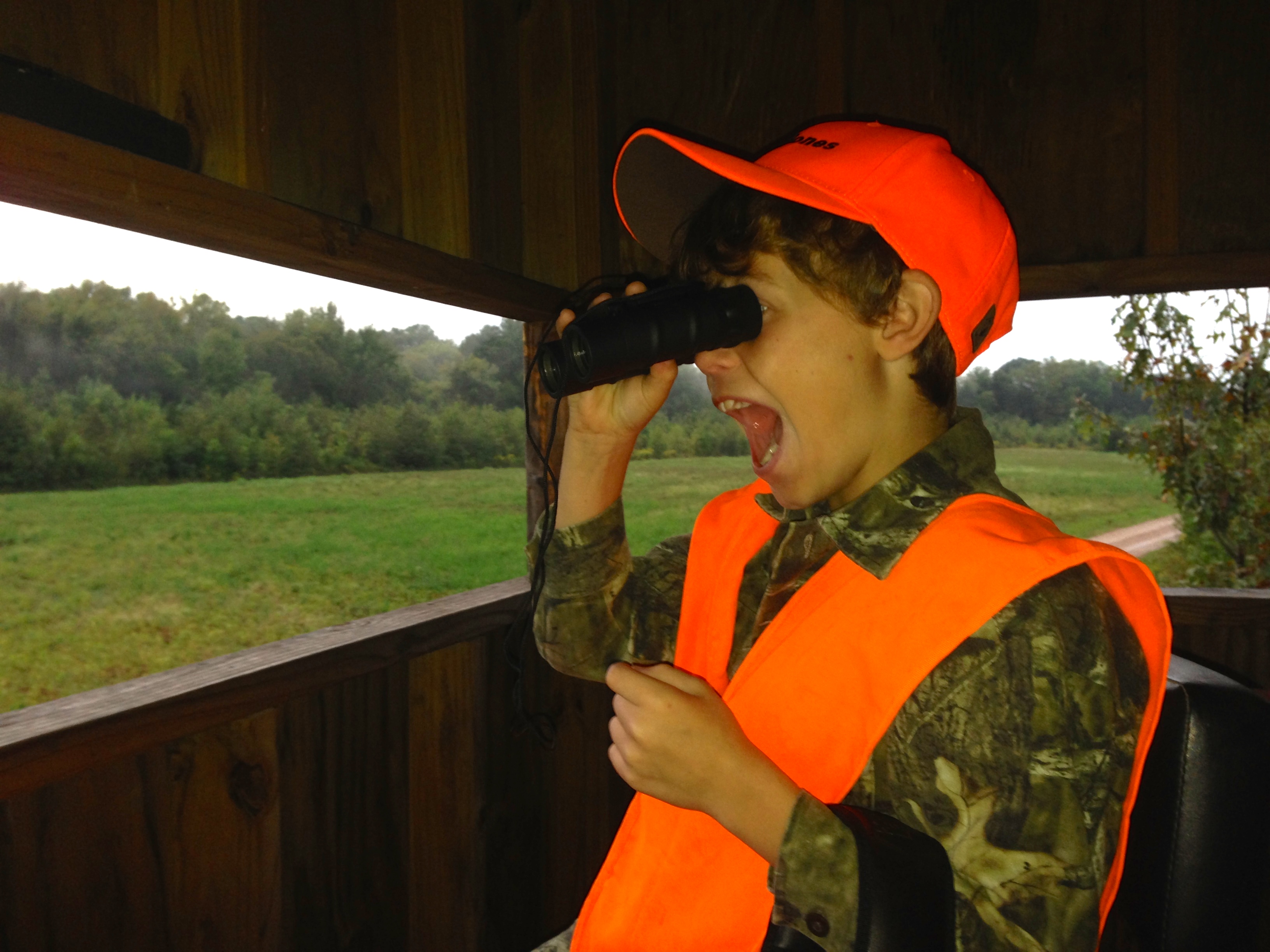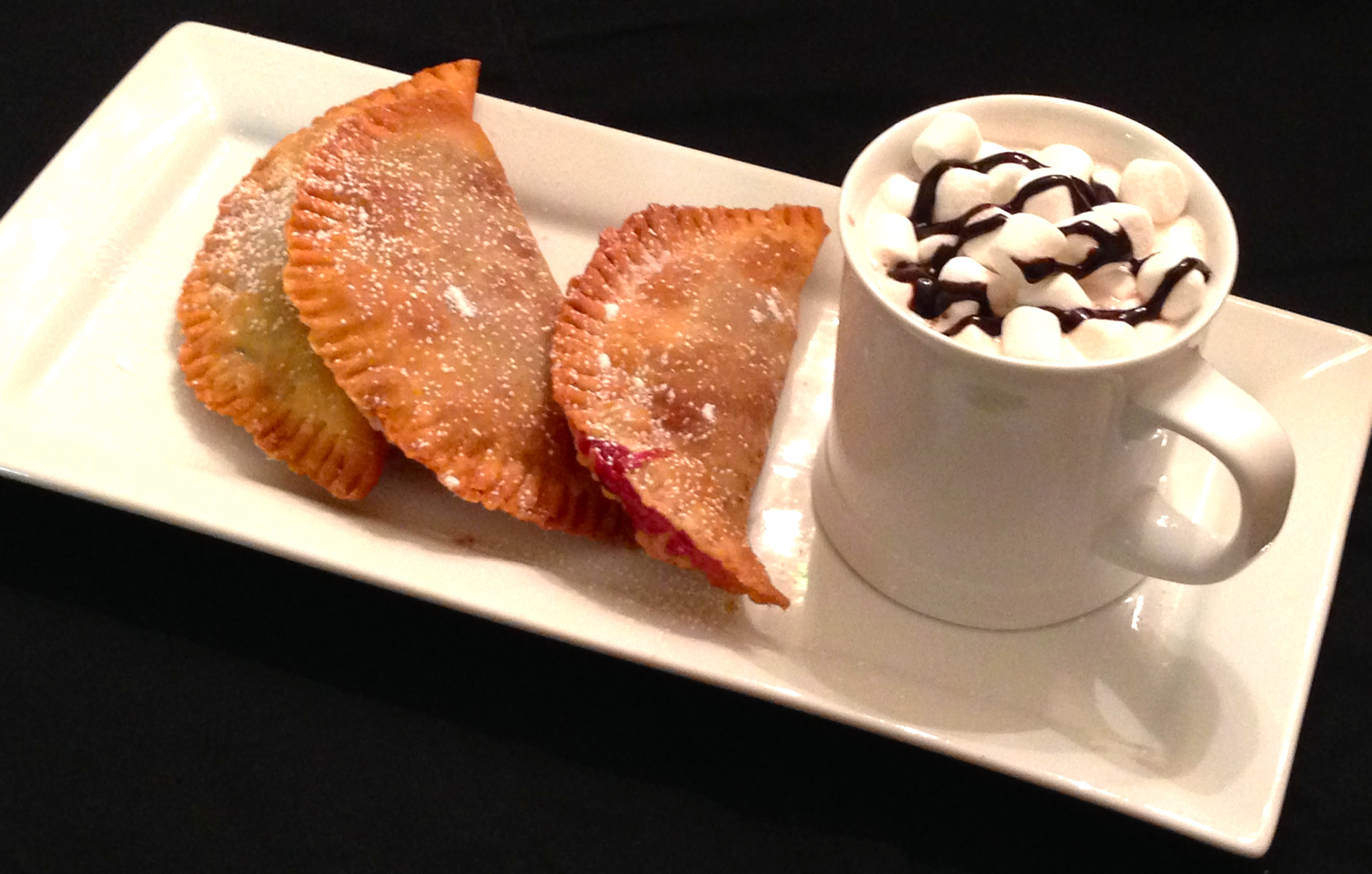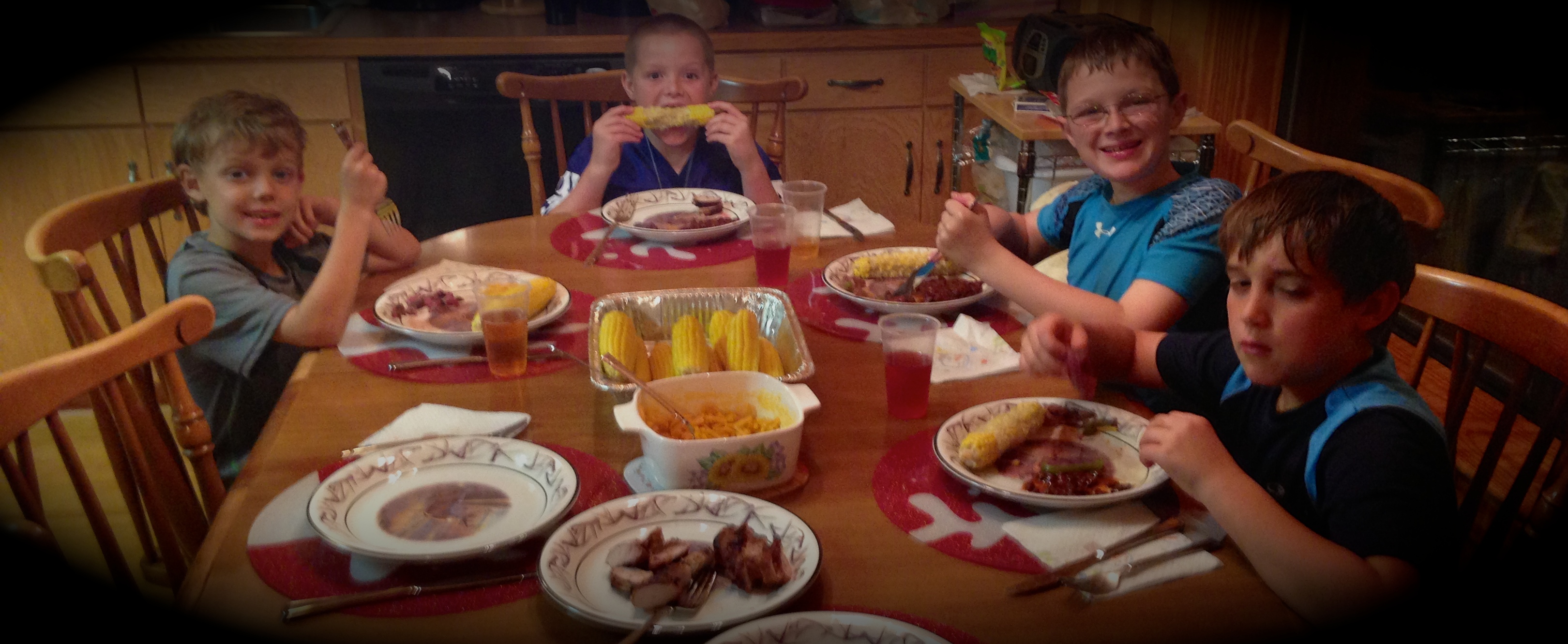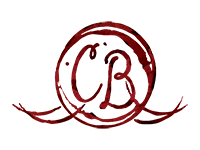For those who know me, it will not be a surprise that some of my best hunting stories are about not hunting. And this is not a recent phenomenon…
Growing up, my family were members of a deer camp called “B Tree” —second to none, except maybe “A Tree.” Where do these names come from? At B Tree, hunting, feasts and stories abounded — not necessarily in that order.
During September, my father would begin the preparations for the season which generally opened the first weekend in November. Part of this preparation was figuring out where my brothers and I would hunt, which meant scouting, investigating, figuring and eventually setting up a stand. At first, all of our stands were located together along the same road or field —this was before the day where every hunter had his own personal vehicle.
Usually, the location was selected because my father saw a good buck in that area or found sign that a buck had been there. But one year, I broke away from the group and did my own scouting…
I discovered a small cut-over (meaning an area where the trees had been recently cut) just a short distance from the camp and told my father that I wanted to put a stand there. As he investigated my selection our dialog went something like this:
“Well, you can see pretty good here, but where is the sign?”
“Didn’t find any,” I report as though I had looked or would know what I was looking for if I had.
“Why put a stand here?” he asks seeming a bit puzzled.
“I’ve got a feeling about this spot,” I say parroting what I had heard older members of the camp say about their stands —usually after they paraded back to the camp with a big buck.
In hunting, as well as many other enterprises it now seems, a reference to “gut-feeling instinct” trumps logic.
He relented, “hmm, well it’s not close to the others but it is close to the camp. I can drop you off on our way out, but you will need to walk back when you’re done.”
“Perfect,” I say, but he did not know why at the time.
I had scouted –but not for deer. Instead, I focused on something more vital, something I truly understood: food.
Our camp had a cook —and boy did we! I scouted her. The season before, I discovered that she arrived pretty soon after the hunters departed and started working on lunch preparations. I knew that if I walked back to the camp, I could watch her prepare the feast. And I had a hunch there might be something else. I was right, the first morning I walked back she greeted me at the door, smiled and said, “how about some hot chocolate and a fried pie?” Success!
I hunted that stand for the next several years. When my father and brothers wondered aloud why I never killed any deer or even spoke of seeing any, I would simply reply, “just not lucky, I guess.”
Truth was we were all lucky. We had a real feast-maker in our midst. The feast that I most remember her making was smothered fried deer steak, mashed potatoes, baked beans, cole slaw, corn bread—and for dessert, we had fried pies (absent the ones I ate in the morning).
The food was great but what I marveled about at the time was the scale. She would cook for thirty ravenous hunters and there was always plenty. She handled big pots and pans with ease. Indeed, the only grumbling I ever heard was from the hunters teasing each other about how heavy the serving dishes were as they passed them around the table —note, if your problem is too much food in the dish, you have no problem, my friend.
It wasn’t until years later, after she had stopped cooking for the camp, that I realized the true impact of her feasts. She gave the camp life. Without her, the camp door opened to a cold, dark cinder block building, which I had never seen before. With her, the door opened to the warmth of the ovens, the sizzle of meat frying, the aromas of soulful cooking, and the invite of her pleasant smile.
At the table, her feasts coaxed the rugged hunters first to relax, then to near playfulness and at last, leisure. The hunters would linger around long after the feast, telling stories, picking at each other, and praising the food —and the feast-maker, who had given their camp life.
May your camp have life, my friend.




Leave a Reply